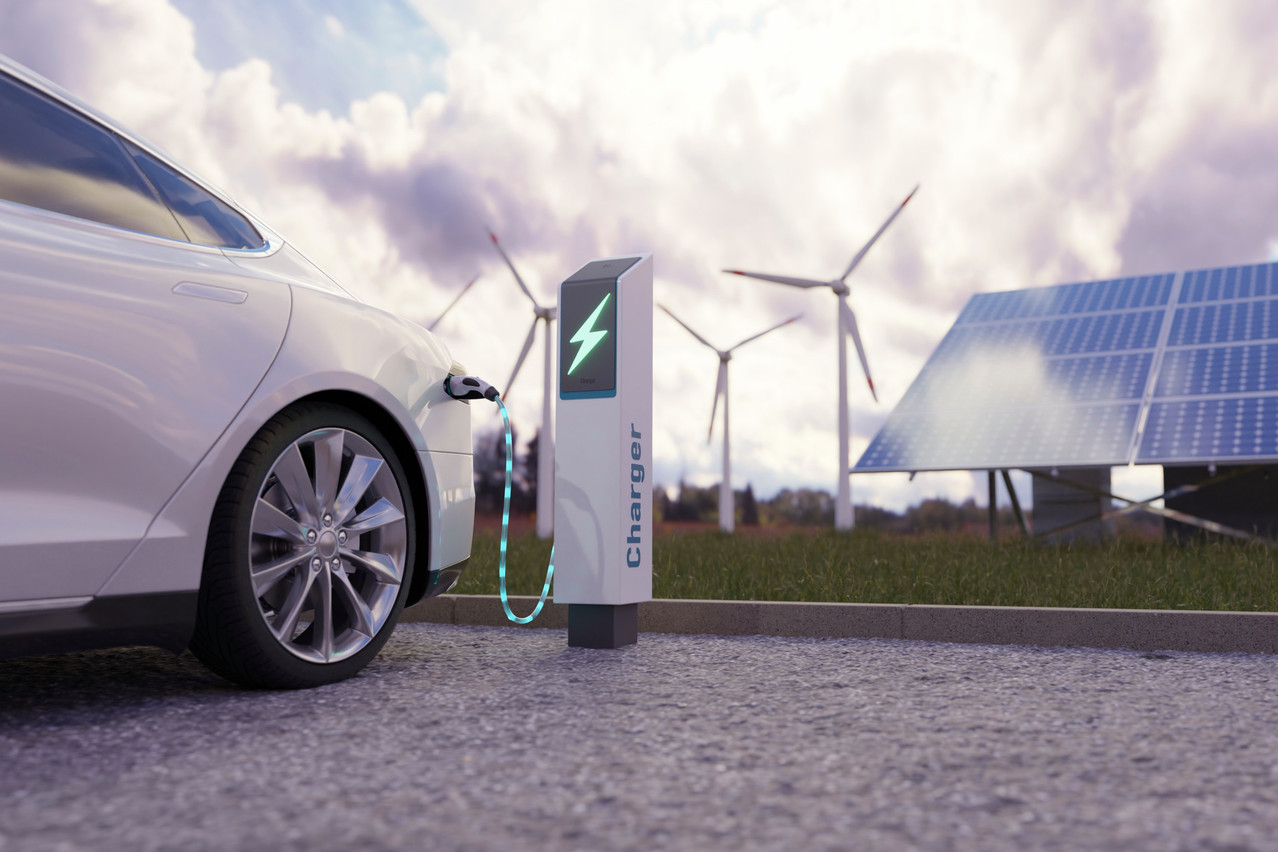Seven months into the year, new car registrations in the European Union have risen by 3.9% to over 6.5m units, compared with around 6.2m over the same period in 2023. On the other hand, the electric vehicle market has seen a marked slowdown in registrations, according to .
Between July 2023 and July 2024, registrations of electric cars fell by 10.8%, or 12,395 fewer vehicles. This drop occurred despite increases in Belgium (+44.2%), the Netherlands (+8.9%), France (+1%) and Luxembourg (+38.5%). The decline in Germany (-36.8%)--Europe’s leading car producer--could not be offset, reducing the share of electric cars in the total market from 13.5% to 12.1% in one year.
The result? The car industry is calling for the tightening of the CAFE (corporate average fuel economy) standard for carbon dioxide emissions to be postponed from 2025 to 2027.
As a reminder, from 2025, the average authorised limit per vehicle will have to be reduced by 15%. Manufacturers who exceed this limit could face fines of “up to €13bn for passenger cars and €3bn for commercial vehicles,” , and this could put a further brake on an electric vehicle market that is already struggling.
This situation is all the more difficult for the European industry, which has invested billions in the electrification of vehicles and is already struggling to compete with the Chinese industry, .
Luxembourg on the right track
The fact that Luxembourg is not so far behind in the electric vehicle sector is due in no small part to the Recovery and Resilience Plan (RRP) set up by the EU, “the aim of which was to relaunch the economies of member countries but also to improve their ecological and digital transition in order to strengthen their competitiveness,” explained the director general of the task force for recovery and resilience, Céline Gauer, at the RRP’s annual event in Luxembourg.
Treasury director Bob Kieffer presented the main green mobility initiatives. These included the programme to support the installation of charging points for electric cars, launched in July 2022. The project represented a total investment of “around €40m, 75% of which--€30m to be precise--was funded by the European Union.” The initiative has added “1,500 new charging points across the country.”
To reduce its dependence on Russian gas and oil, Luxembourg has joined the RepowerEU plan proposed by the European Commission, enabling it to triple the funds available under the Recovery and Resilience Plan, from €83m to €241m.
The government has used this investment to present “,” according to economy minister (DP), a statement reiterated by Kieffer at the afternoon conference. Notable initiatives include the electrification of part of the bus network, for a total of €35m.
“The urgent need to decarbonise”
These investments have kept Luxembourg afloat and enabled it to prepare for the future, according to the panel of specialists invited to discuss the issue at the event. “The transition to electric vehicles is inevitable, since ,” points out Anthony Villeneuve, an economist at the Chamber of Commerce. He adds: “Not to mention the economic reasons, given the vast expenditure that the car industry has made in this area.”
For Jakob Wegener Friis, director at the European Commission, there is also no turning back, but this time for environmental reasons: “The electric car improves air quality compared with the internal combustion car.” This is confirmed by Philippe Gerber, a researcher at the Luxembourg Institute of Socio-Economic Research (Liser), who points out, with figures to back it up: “Internal combustion cars account for 60% of CO2 emissions, hence the urgent need to decarbonise.”
People need to be supported in this transition by raising their awareness and encouraging them to invest in electric cars, as Luxembourg has succeeded in doing with its . Conversely, “the end of subsidies in Germany has been catastrophic for the German industry,” says Villeneuve, who stresses the importance of supporting not only the purchase of electric cars, but also leasing and the secondhand market. “Leasing accounts for a large part of Luxembourg’s electric market, but once the leasing period is over, the vehicles end up on the secondhand market with no takers, and often end up abroad.”
Read also
Villeneuve concludes by stressing the importance of investing--as recommended in the --and of putting in place ambitious industrial and climate policies within the EU. This is especially appropriate for the automotive sector.
“The EU still lacks crucial conditions for the mass market uptake of zero-emission cars and vans: hydrogen charging and refuelling infrastructure, as well as a competitive manufacturing environment, affordable green energy, purchase and tax incentives, and a secure supply of raw materials, hydrogen and batteries,” manufacturers warned on 12 September. In a modern game of chicken or egg, each side looks to the other to move forward.
This article was originally published in .
